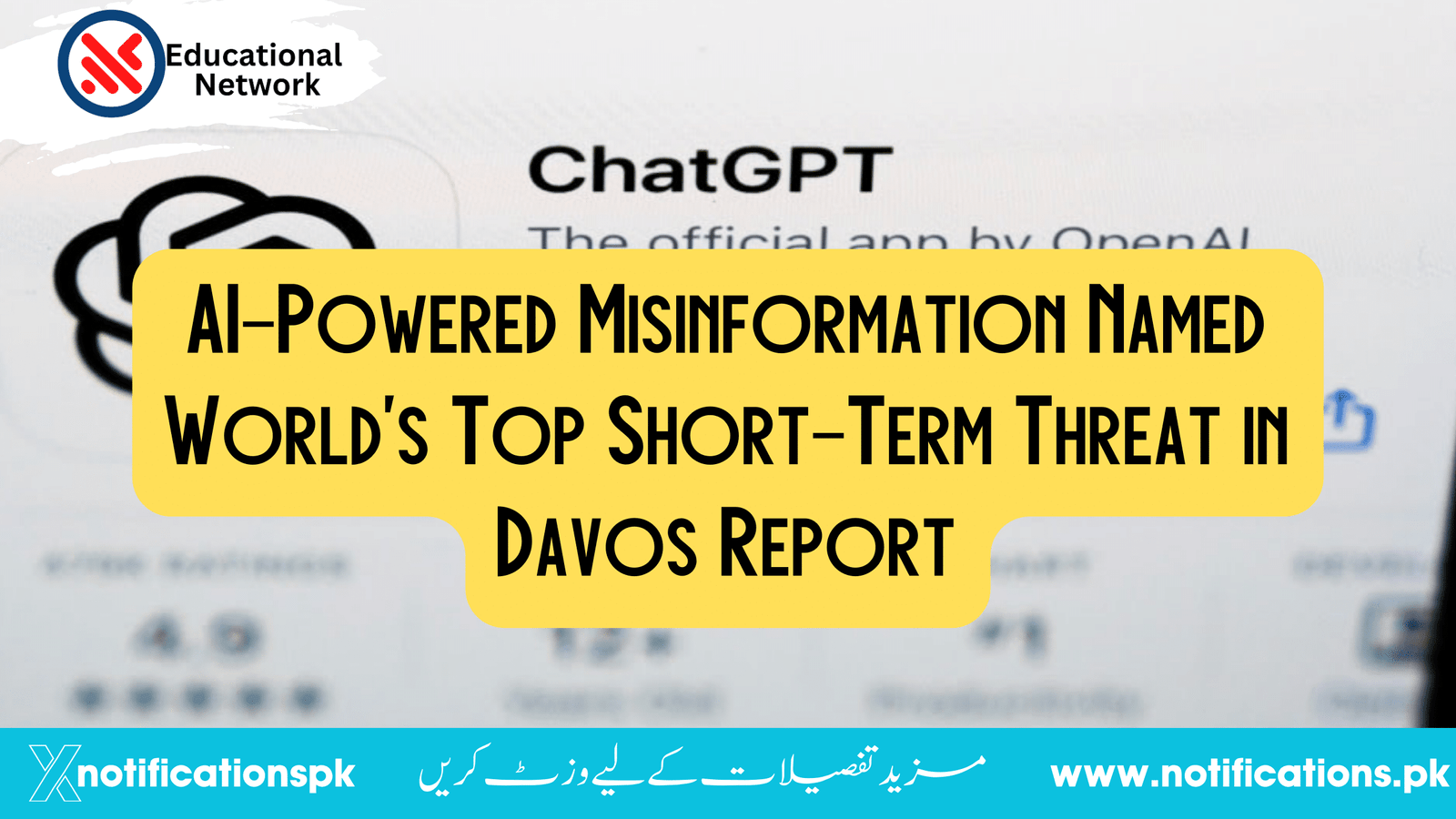A recent report unveiled at the Davos Summit has identified AI-powered misinformation as the greatest short-term threat globally. The report, spearheaded by analyst Emma Klint, highlights the growing concerns over the misuse of artificial intelligence in spreading false information.
According to Klint, the ease with which AI can generate convincing fake news poses a serious challenge to the integrity of information online. This technology, she warns, could be exploited to question the legitimacy of elected governments, potentially eroding democratic processes and exacerbating societal polarization.
Beyond misinformation, the rise of AI presents additional risks. Klint points out that AI can empower malicious actors, simplifying the execution of cyberattacks. This includes automated phishing schemes and the creation of advanced malware. “With AI, even those with minimal technical skill can become significant threats,” Klint explained.
A particularly insidious use of AI is in data poisoning. Malicious actors can corrupt data collected from the internet to train other AI systems. This can be hard to reverse and might further entrench biases within AI models.
The report also addresses concerns about climate change. Following closely behind disinformation, extreme weather events are identified as the second most pressing short-term risk. Looking ahead over a decade, extreme weather tops the list of long-term threats, followed by critical changes to Earth’s systems, biodiversity loss, ecosystem collapse, and natural resource shortages.
Klint warns of a potential irreversible tipping point in climate change within the next ten years, as Earth’s systems undergo long-term alterations. The intertwining of these environmental issues with the challenges posed by AI underscores the complexity and urgency of the global risks faced today.
